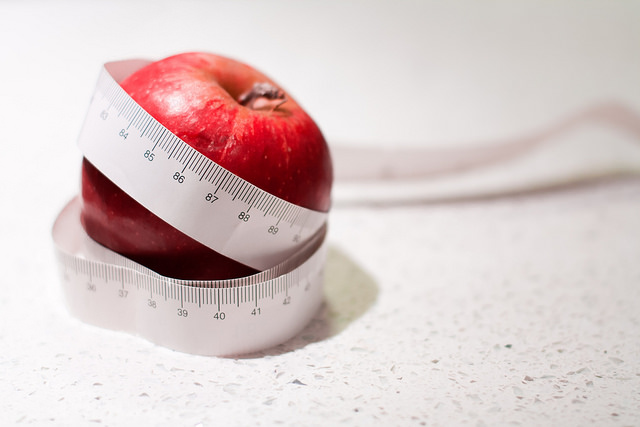If you’re the type of person who loves a good midnight snack, you may be wreaking havoc on your quality of sleep without even realizing it. While some foods are okay to eat right before bed, others will make it much more difficult to drift off into a dream state. Here are a few foods to avoid before hitting the hay!
- Potato chips. Foods that are filled with grease and fat, such as potato chips or French fries, take quite a bit more effort to digest. With your stomach working overtime, it is much more difficult to fall asleep.
- Ice cream. Think twice before having that bowl of ice cream while watching late night TV. Fatty foods like this are also more difficult to digest, which could lead to you lying awake with cramps and discomfort.
- Candy. Sugar-packed candies will cause your blood sugar levels to spike, leaving you feeling too restless for rest.
- Red meat. If you grab a fast food burger on your drive home after a late night, you may not be able to fall asleep once you actually crawl into bed. Red meats like this sit in your stomach much longer than other types of foods, and your body uses a lot more effort to digest them.
9 Things Your Should Never Eat or Drink After 9PM [Bodybuilding.com]
The 5 Worst Types of Foods to Eat Late at Night [Prevention]
The 10 Best and Worst Foods to Eat for Sleep [Fitness]
10 Foods to Avoid Before Bed [Fox News Health]






 Equal Housing Opportunity
Equal Housing Opportunity